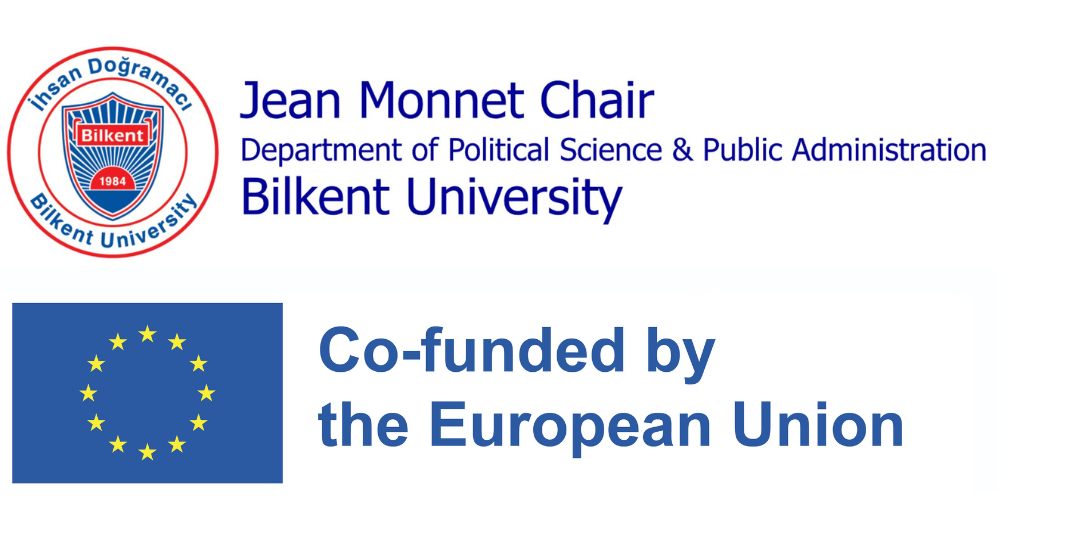Bilkent University
Department of Political Science & Public Administration
Jean Monnet Talk Series
announces:
“Greece and Turkey: Understanding the Past, Anticipating the Future” Thursday, 3 April 2014, 12:30-14:30
A-130 (FEASS Seminar Room)
by
Prof. Panayotis J. Tsakonas
Department of Mediterranean Studies
University of the Aegean, Rhodes, Greece
Abstract: Prof. Tsakonas employs the concept of “international socialization” to explain the paramount shift in Greece’s foreign policy vis-a-vis Turkey in the late 1990s. Since the EU Summit in Helsinki in 1999, and by following a new strategy of “active socialization”, Greece attempted –and succeeded to a large extent– to turn the EU into an “active player” with regard to its relations with Turkey, preparing thus the ground for a resolution of the long-standing Greek-Turkish dispute. From the mid-2000s, however, the prospects for a resolution of the Greek-Turkish conflict are dim: Greek-Turkish relations have been re-bilateralized, the EU has lost much of its credibility and socialization ability and both countries are now in the midst of a severe economic and/or a domestic political turmoil, which does not augur well for the future of the two neighboring states relations.
Short Bio
Panayotis J. Tsakonas is Associate Professor of International Relations and Security and Head of the Department of Mediterranean Studies, University of the Aegean, Rhodes, Greece. He studied political science, international relations and security studies at the Panteion University of Athens and Reading University, Great Britain. He has been Research Fellow at the Institute of International Relations (Athens, Greece), NATO Research Fellow, post-doctoral fellow at the Weatherhead Center for International Affairs at Harvard University and Fulbright Visiting Scholar at the Macmillan Center for International and Area Studies at Yale University.

